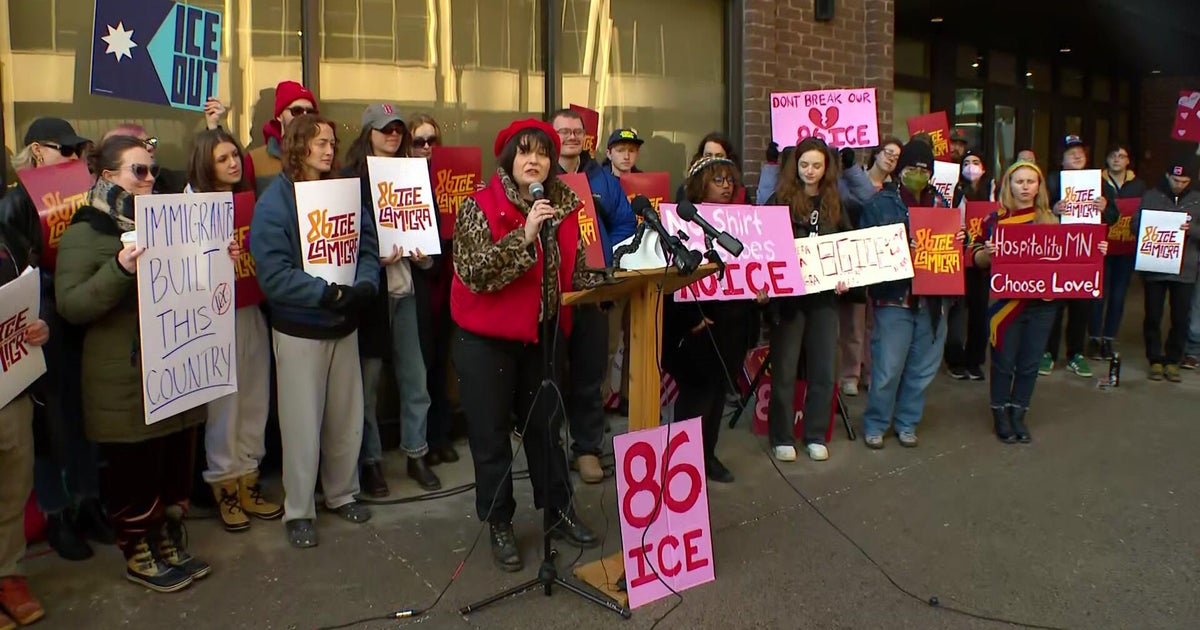Who would a tighter visa program keep out?
Lawmakers are poised to stop terrorists from waltzing into the U.S. from countries where visas aren't required, but while they're at it maybe Congress should also repeal the law of unintended consequences.
Rushing through visa waiver reforms after this year's terrorist attacks in California and France could turn out to be ineffective chest-thumping that sounds good but costs much and does little to keep terrorists out.
Depending on the shape of final legislation, the cost of clamping down on the nearly 30-year-old Visa Waiver Program, which was created to boost business and vacation travel in the U.S., could run into tens of millions of lost tourism dollars over the next five years and thousands of jobs in hospitality and related industries.
If that's the price of security, so be it. An estimated 3,000 Islamic State fighters come from Western countries, primarily Europe, according to congressional testimony earlier this year. Conceivably, they could enter the U.S. like any traveler from France, Germany and 36 other countries allowed to enter the U.S. without a visa, and vice versa.
But they would have to get past existing safeguards, such as electronic databases of known terrorists. The real impact of tighter visa rules is likely to fall on legitimate travelers, not dedicated terrorists who evade detection.
By a vote of 407-19, an unheard-of margin in this hyperpartisan, dysfunctional era in Congress, the House passed a bill Dec. 8 to tighten the Visa Waiver Program. Sponsored by Rep. Candice Miller, R-Michigan, who chairs the Homeland Security subcommittee on border and maritime security, the bill would require travelers from those 38 countries to get a visa if they have been to Iraq, Syria, Iran or Sudan within the past five years.
A traveling salesman from Germany or Japan, who makes a sales call in Iran after sanctions are lifted next year under the recent nuclear agreement, would then have to get a visa to enter the U.S. So would a humanitarian or a journalist who visits one of those four countries.
"It's an impediment to trade, and it's going to hurt. The question is how much," said John C. Edmunds, an international business consultant and professor of finance at Babson College in Wellesley, Massachusetts. "Congress wants to keep out people who are going to do us harm, I do too. I don't think this is going to do it."
A terrorist from France who holds passports from two or three countries could use one to visit Syria and another to enter the U.S., visa-free, unless the country issuing the other passport submits traveler data that ends up in a U.S. database.
More likely, a terrorist could sneak into Syria without using a passport or enter Canada and then slip across its vast southern border.
"I don't think it's complete window dressing," said Marc Frey, a former Homeland Security official who ran the Visa Waiver Program from 2007 to 2010. The bill's sensible reforms include a requirement that all travelers without a visa must have passports with an electronic chip to protect against fraud, as the vast majority already do, he says.
"The problem is more practical," added Frey, now senior director of homeland security for the law firm of Steptoe & Johnson and a consultant for the U.S. Travel Association (USTA), a tourism industry lobbying group. "At the end of the day, it's going to rely on self-reporting, (especially) if people don't enter via official ports of entry."
The House-passed bill is likely to be merged with a very similar bill pending in the Senate, which then will be attached to a catch-all, must-pass spending bill that Congress probably will vote on before the end of the year.
Most of the opposition is focused on a competing bill in the mix, sponsored by Sen. Dianne Feinstein of California, ranking Democrat on the Senate Select Committee on Intelligence. She wants to go a step further by requiring all travelers from visa waiver countries to have their fingerprints and photographs taken before they step on a plane.
Currently, such biometric information is collected on arrival and instantly cross-checked with data on known terrorists. So, conceivably, the Feinstein bill might stop another shoe bomber who tries to blow up a plane.
The fear is that embassies and consulates around the world would be overwhelmed by people needing to have their photos and fingerprints taken, creating practically as much hassle as getting a visa.
The USTA frets that the biometric requirement will deter some of the 14 million first-time U.S. visitors from 38 visa waiver countries expected over the next five years. If 10 percent opt not to come, it would mean a loss of $5.4 million in travel spending and cost 6,440 direct jobs, according to the trade group. Including ripple effects, the total economic impact could be a hit of $12.5 million and 11,000 jobs.
The impact might be even greater. When Argentina was temporarily dropped from the Visa Waiver Program in 2002, Argentine travel to the U.S. plummeted 60 percent, according to the USTA.
While the Feinstein bill doesn't appear to have momentum, nothing is certain as Congress rushes to adjourn.
"You never pronounce a horror movie villain or a damaging piece of legislation dead until you're sure of it," said Jonathan Grella, the USTA's executive vice president of public affairs.



